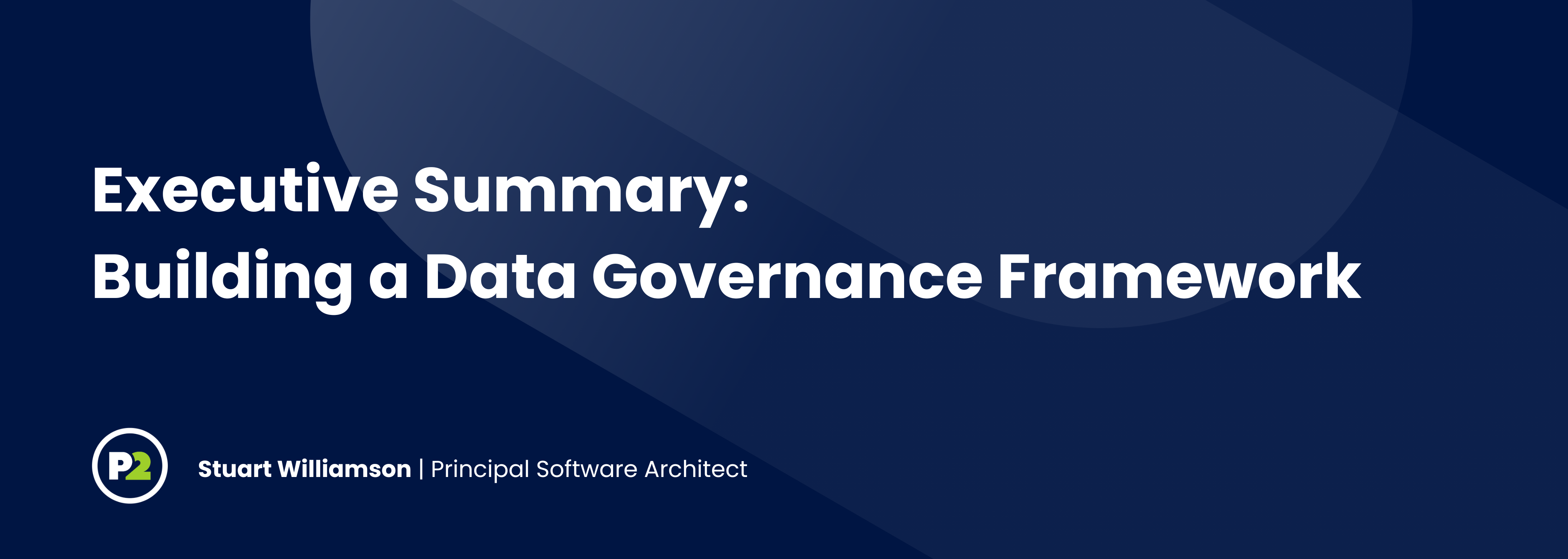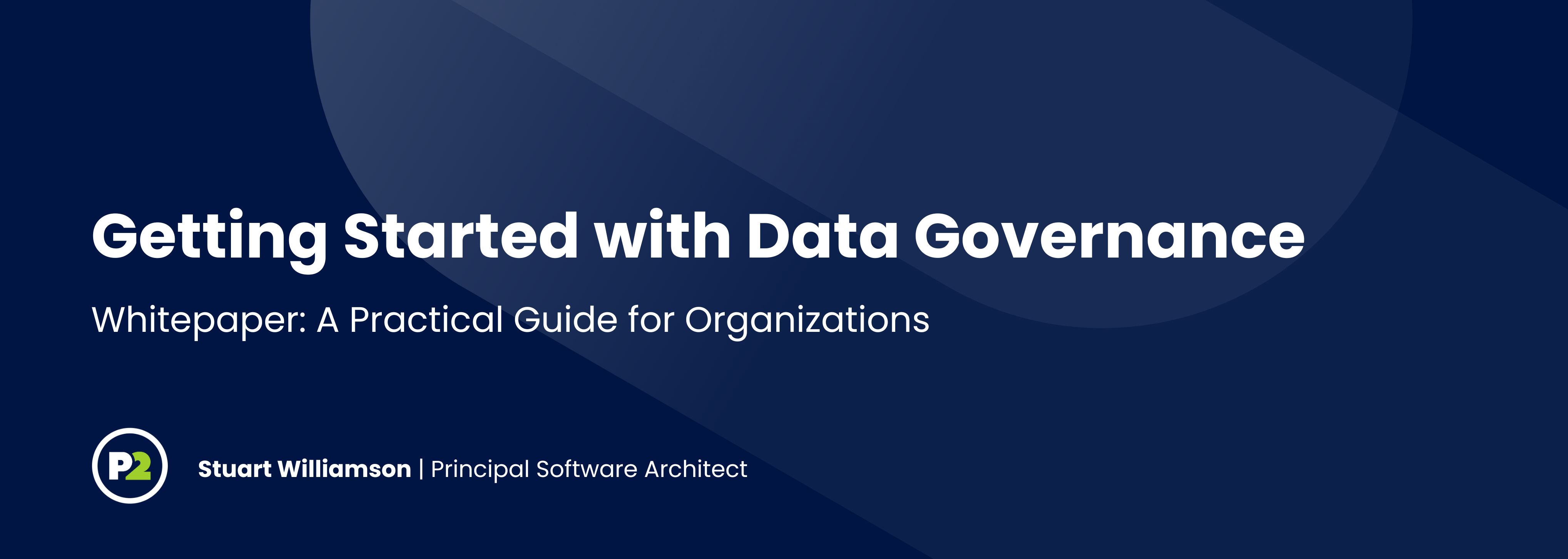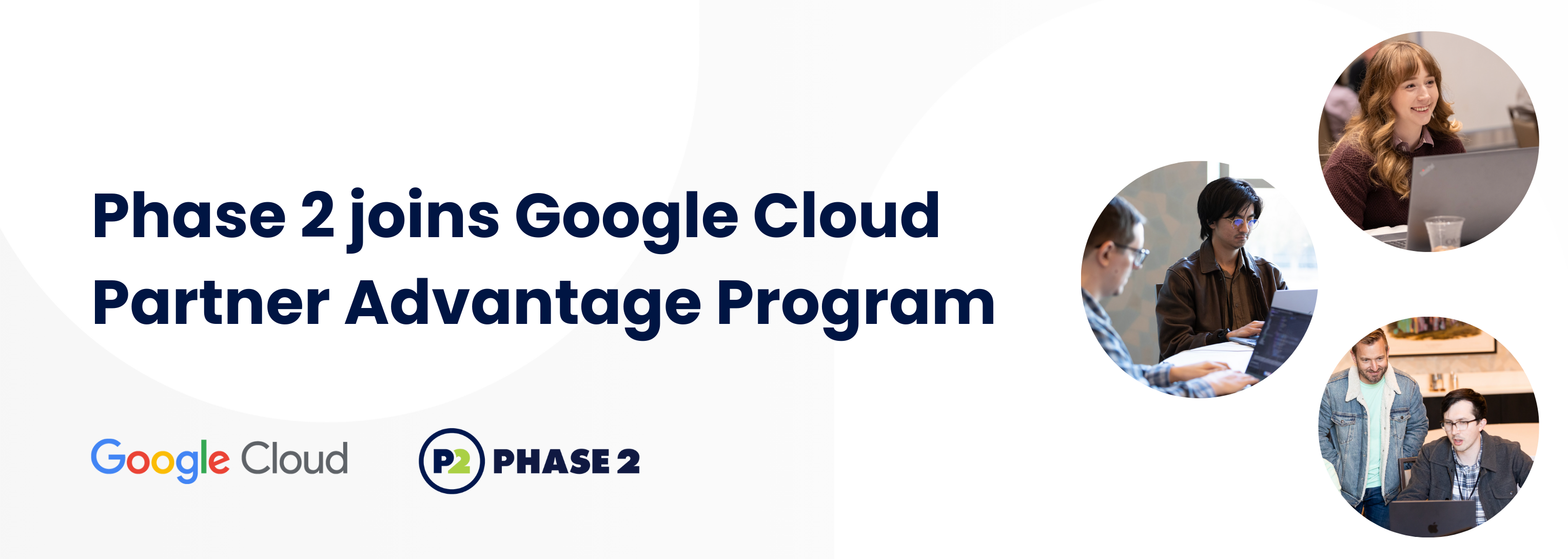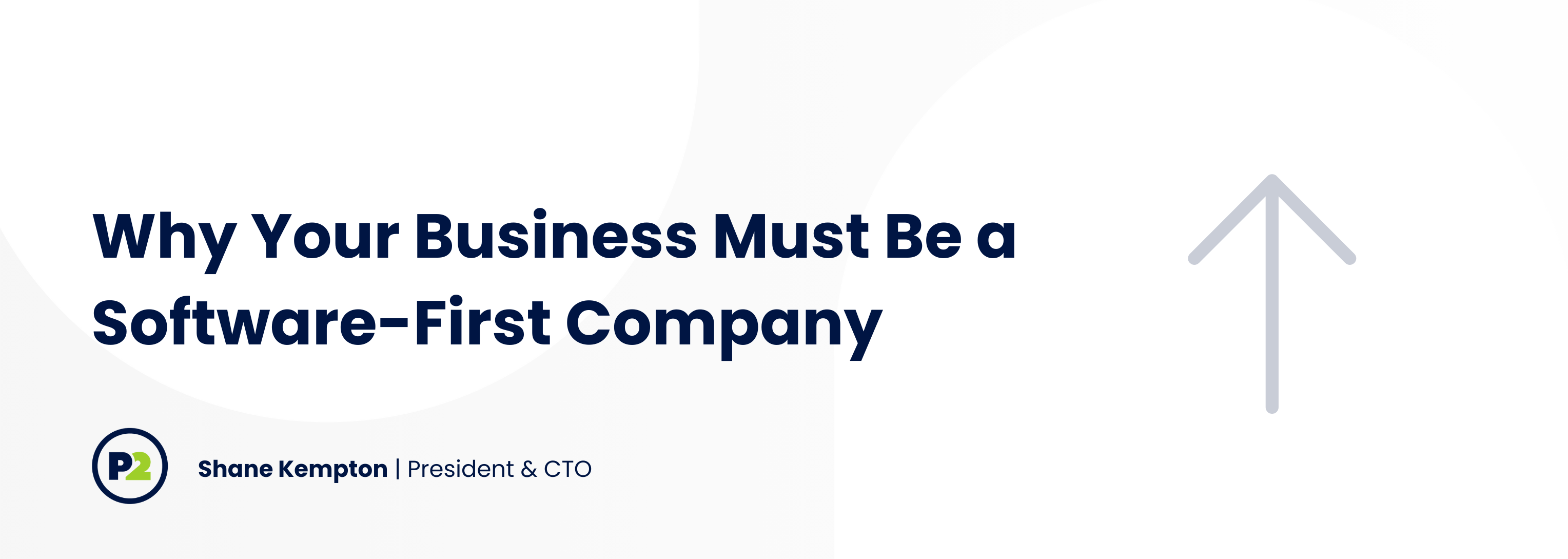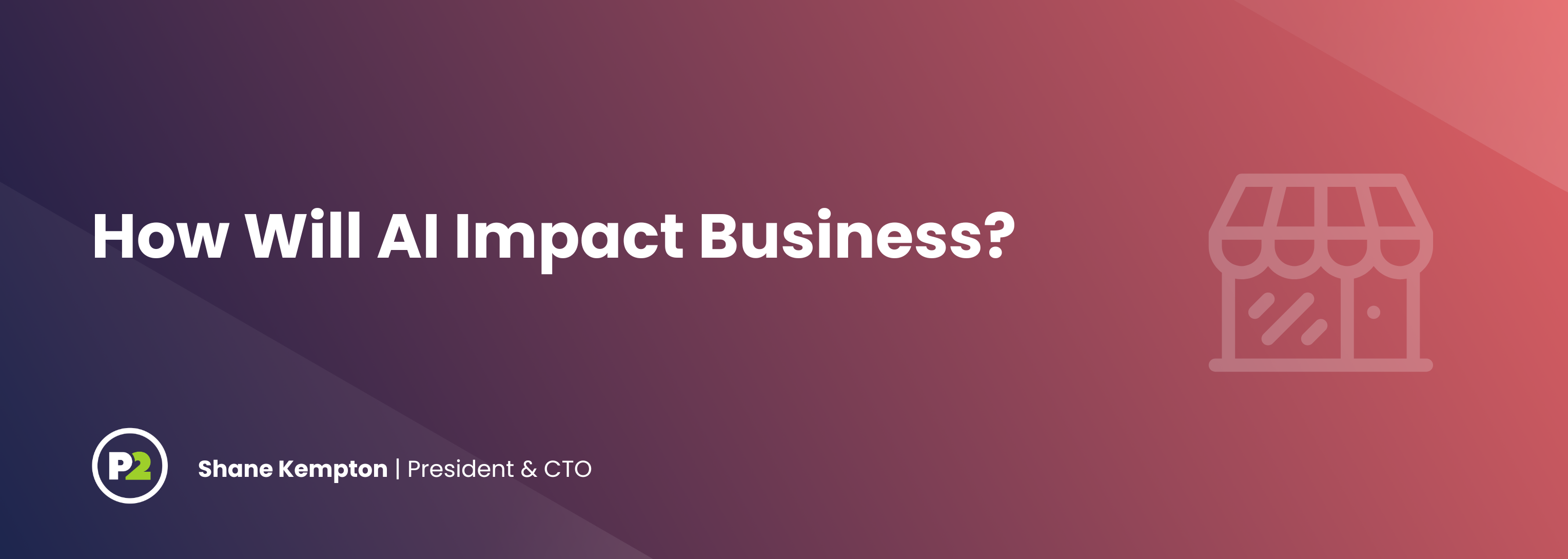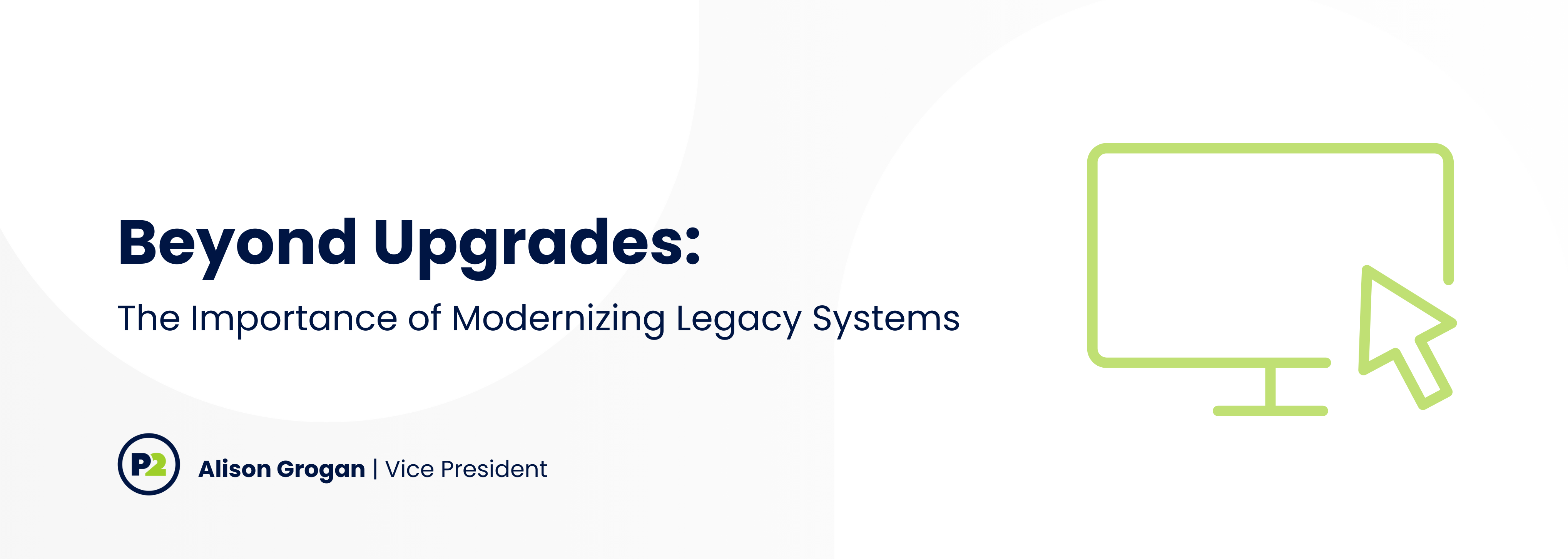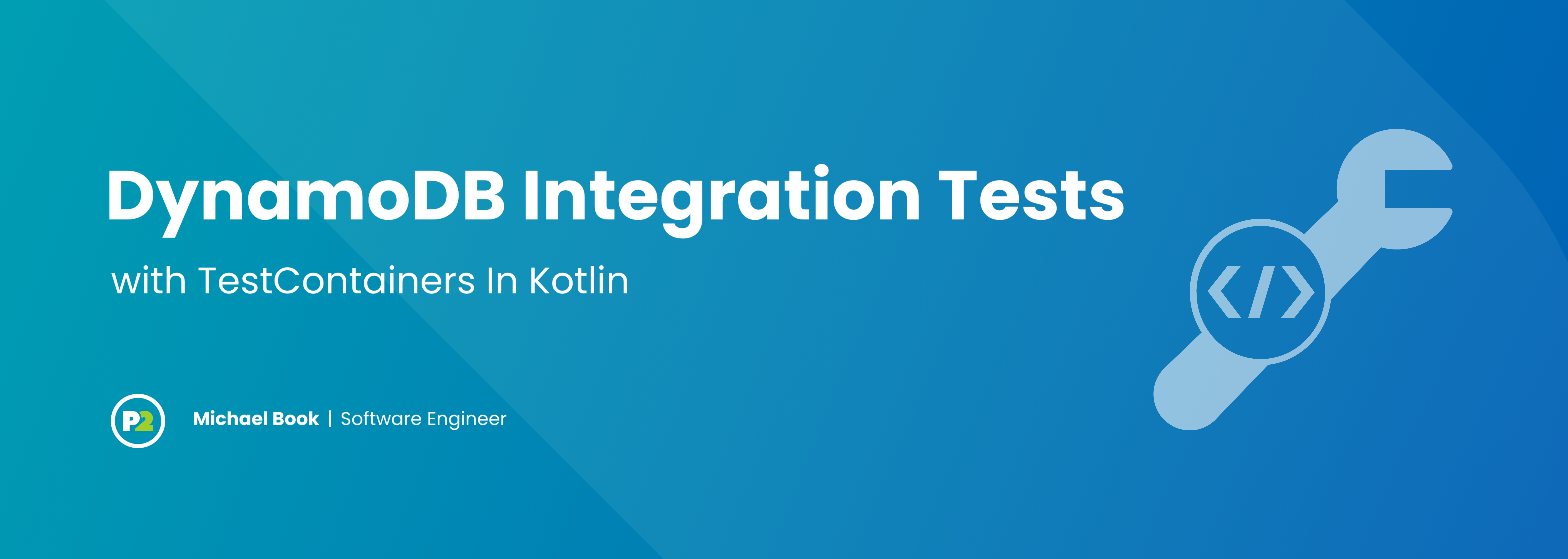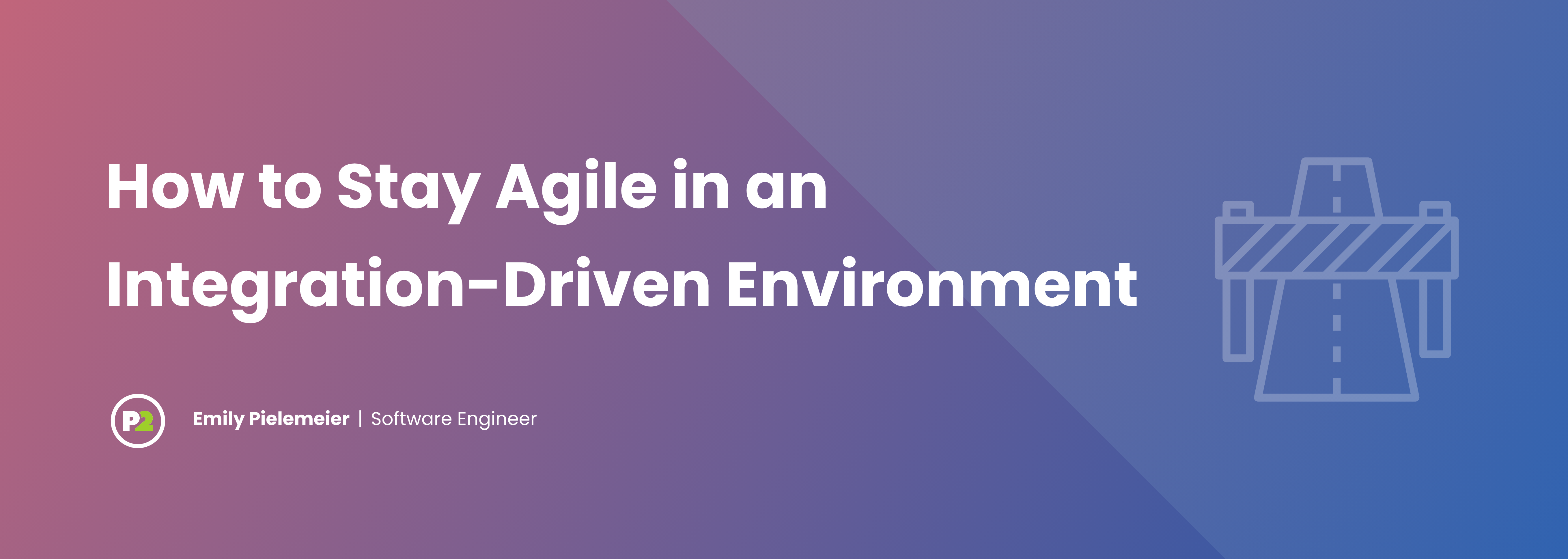Executive Summary: Building a Strong Data Governance Framework
At A Glance: Data Governance Strategy In today’s rapidly evolving digital landscape, managing data effectively has become a critical priority for organizations. As data generation continues to skyrocket, along with growing regulatory requirements, the importance of establishing robust data governance frameworks is more pressing than ever. Poor data management not only results in substantial financial losses but also poses significant risks to security, compliance, and decision-making capabilities. A solid data governance strategy not only mitigates risk but also drives innovation, operational efficiency,...
Read Post
